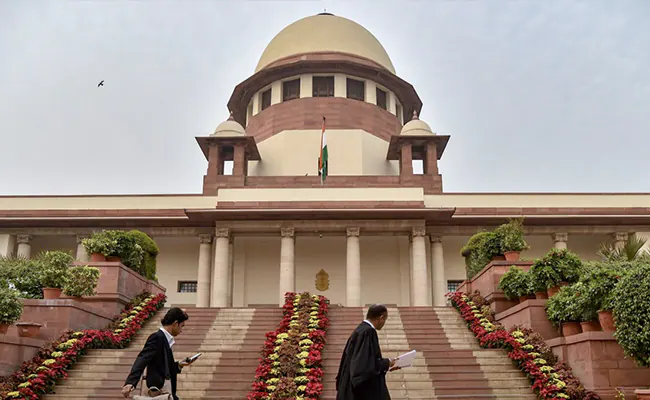No Case Is Too Big Or Small For Supreme Court”: Chief Justice
New Delhi:
No case is too small for the Supreme Court, said the Chief Justice of India DY Chandrachud on Friday.
Making its observations on one of the two matters before it, the Supreme Court said no case is small while in the other, it noted that public interest litigations are used as a blackmail tool targeting infrastructure projects.
“No case is small for the Supreme Court,” Chief Justice DY Chandrachud said while hearing a plea filed by a person ordered to undergo consecutive prison sentences of 18 years in 9 separate cases.
“If we do not act in matters of personal liberty and grant relief, then what are we doing here?” the court remarked.
“No case is too big or small for the Supreme Court,” the court said, adding that if it does not hear the cry of such petitioners then why they are ‘burning the midnight oil for such cases’?
The court noted that the petitioner was charged with stealing electricity from the department on nine occasions. The accused, who had made a request for plea bargaining, has already served a seven-year sentence.
Labelling it as ‘an absolutely shocking case’, Chief Justice Chandrachud allowed the man’s appeal and set aside the impugned judgement of the high court concerned.
sentences imposed on the appellant in the nine sessions trials shall run concurrently and the jail authorities shall act on this order.
The court also said the high court should intervene when such a matter comes before it.
In another matter of challenging the redevelopment of a plot at Worli in Mumbai, the court noted that PILs could become an instrument of blackmail for targeting infrastructure projects and this was happening across Delhi, Mumbai and other cities.
The top court also observed that the Bombay High Court ‘smelt a rat’ in the matter as it upheld the HC order imposing a cost of ₹ 1 lakh on the housing society for filing a ‘motivated PIL’.
The apex court added the cost imposed by the HC has to be paid by the petitioner society as the plea was a ‘misuse of the judicial time’.

